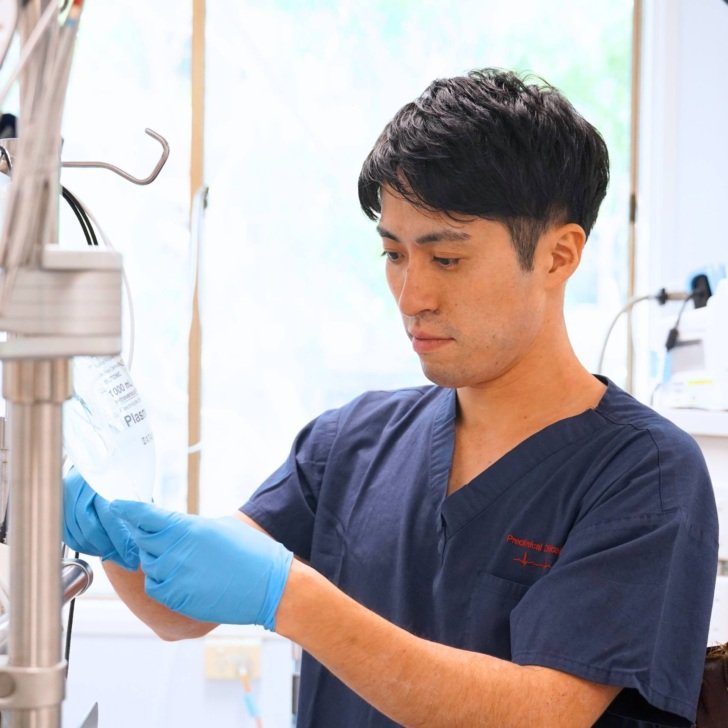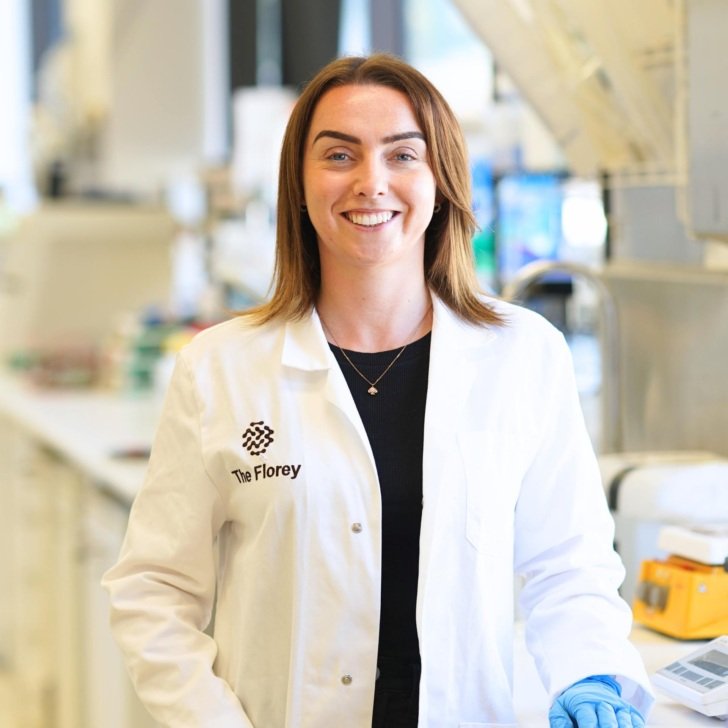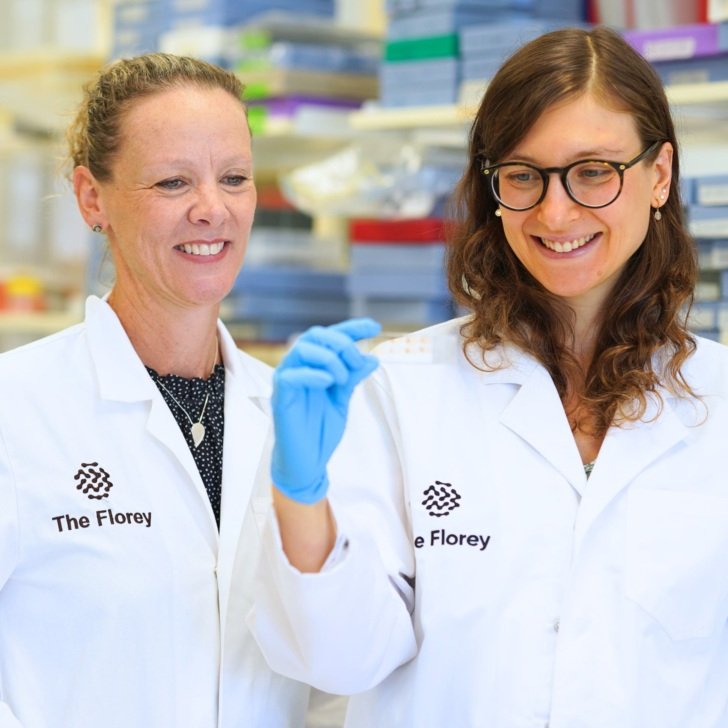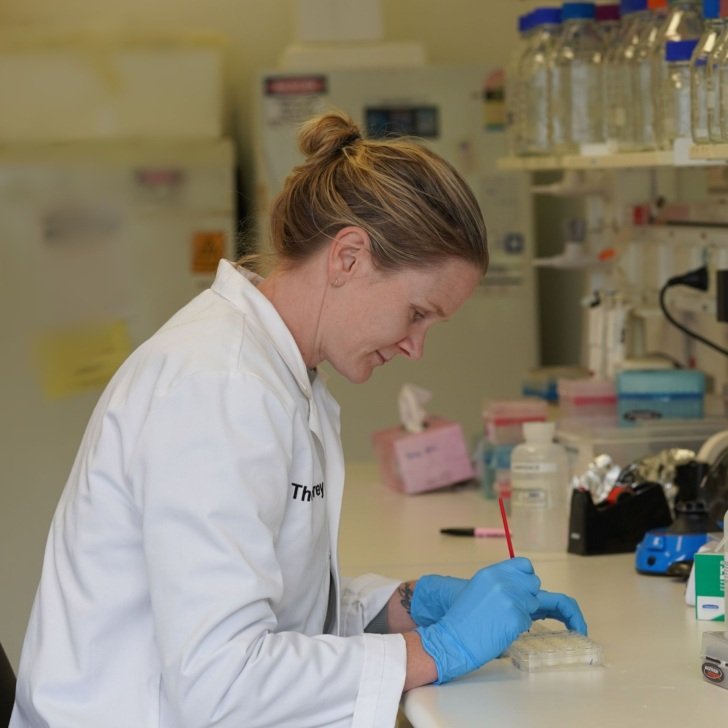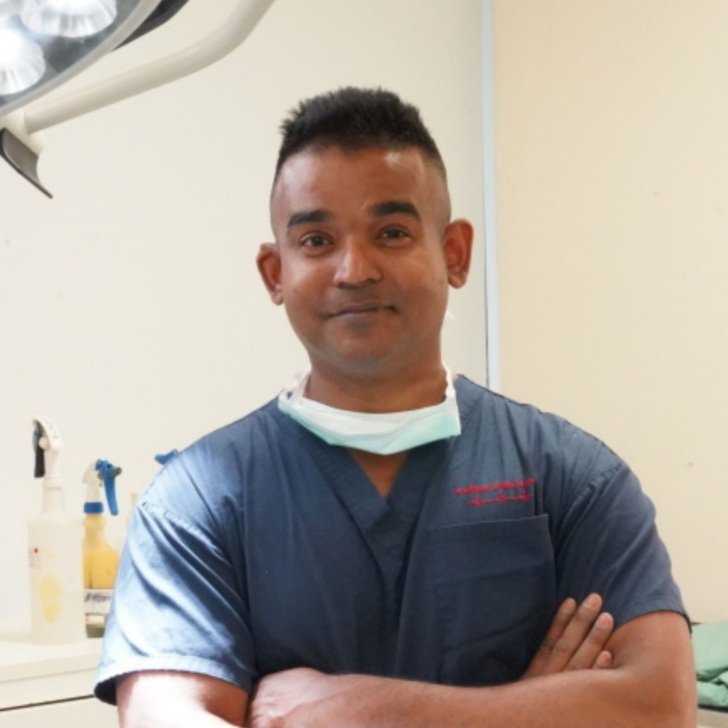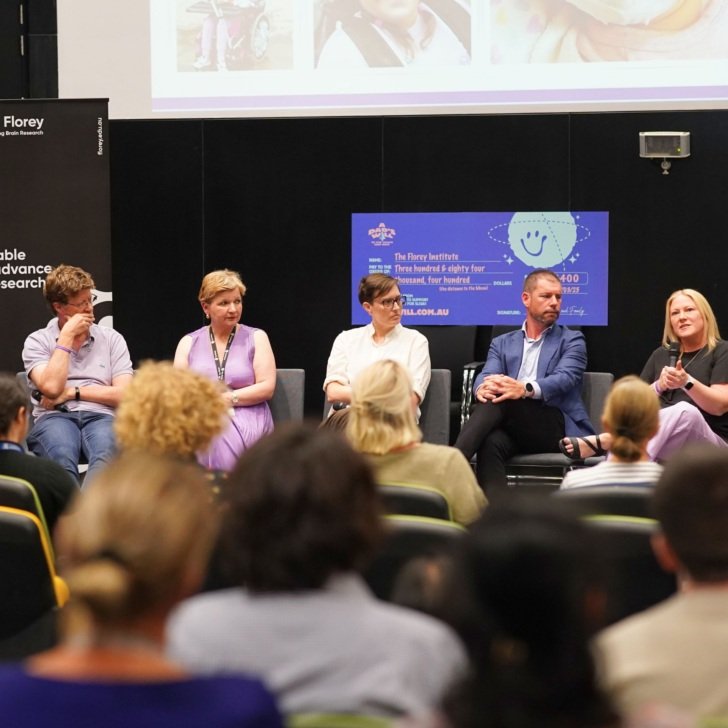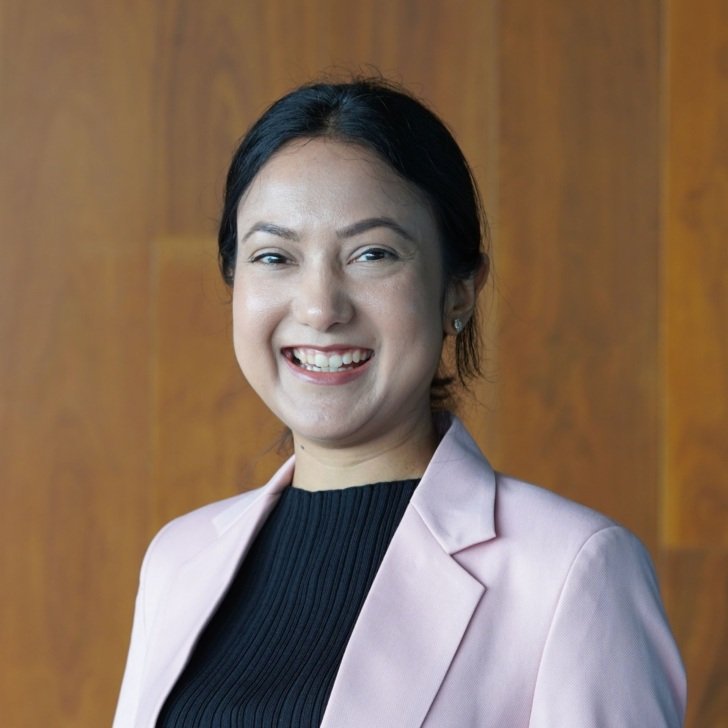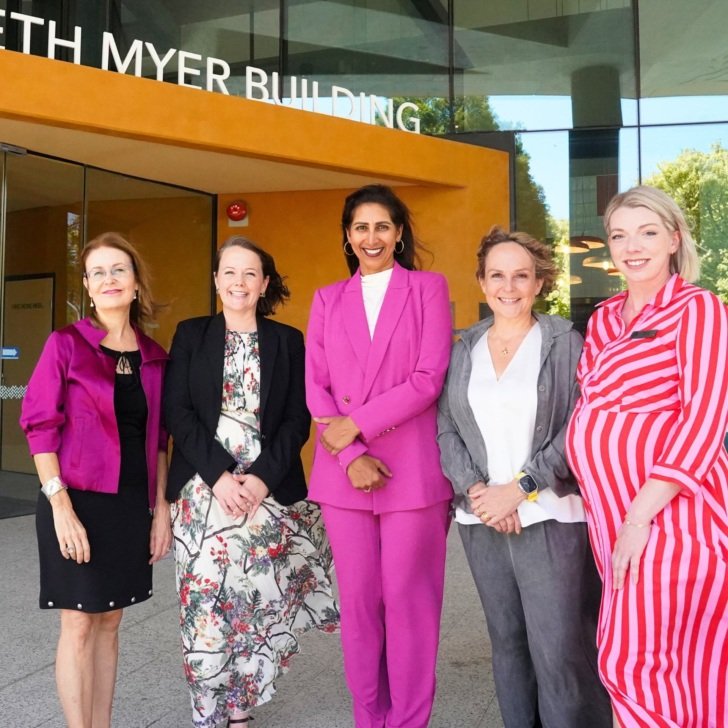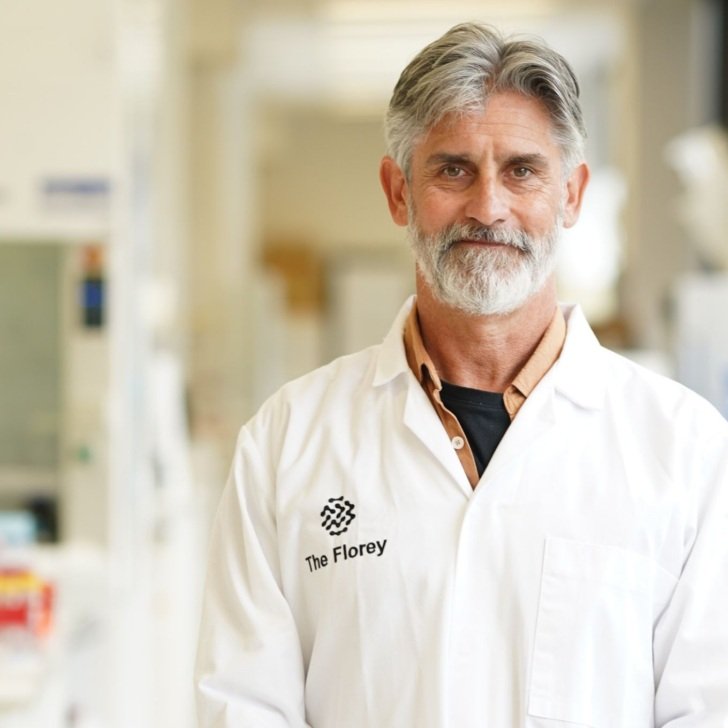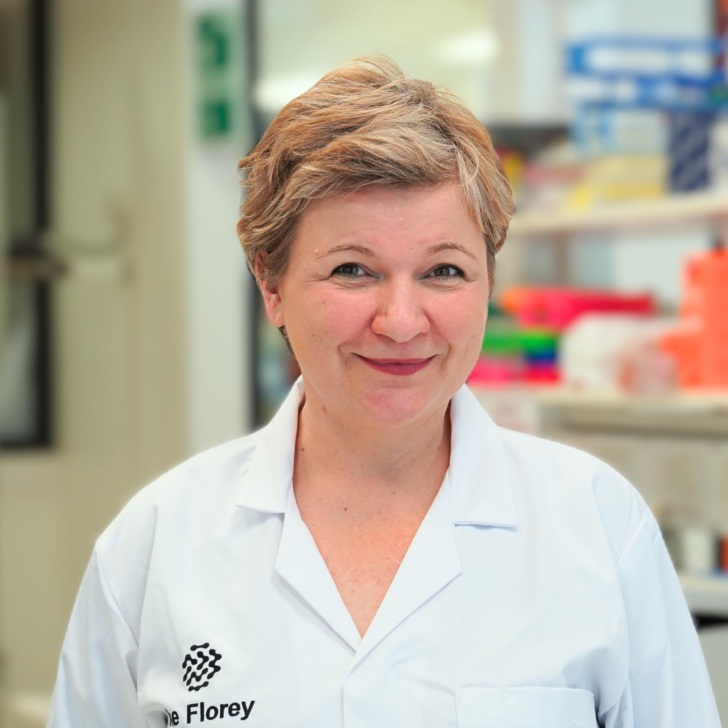Dr Ming Soh, epilepsy researcher at The Florey, is working to uncover how changes in genes that regulate heartbeat can cause sudden unexpected death in epilepsy (SUDEP).
People with epilepsy are at risk of SUDEP, yet many individuals affected by the condition and their families have never heard of it.
“I have known and seen many families who are just desperate for answers, wanting to know why their loved ones have died,” Dr Soh says.
I want to try, no matter how small the progress might be, to provide some answers, and for them to know they’re not alone.
Like many other researchers, Dr Soh believes that multiple factors could cause SUDEP and that the cause differs between patients.

In collaboration with Australia’s Epilepsy Research Centre and along with other members of The Florey’s Neurophysiology of Excitable Networks Group, Translational Cardiovascular and Renal Research Group, and Neurocardiovascular Physiology Group, Dr Soh has been studying possible genetic causes of this deadly aspect of epilepsy.
Through this collaboration she discovered that genetic changes that compromise regular heart rhythm increase the risk of SUDEP.
As well as understanding and educating patients and their families on the risk of premature death, Dr Soh is also working to find a way to prevent it. By finding a medication that reduces risk of sudden unexpected death, Dr Soh’s research could bring hope to epilepsy patients and their families.
One of Dr Soh’s biggest challenges is around funding.
“When we’re researching something new, we rely on industry and philanthropic support. Funding is extremely competitive, but is vital to continuing important scientific work.” She’s grateful to the Medical Research Future Fund (MRFF) and National Health And Medical Research Council (NHMRC) for supporting her work.
“When we know more about SUDEP, patients and their families will be better informed, and eventually, our goal is to identify a treatment to save lives,” she says.
SUDEP facts
- In Australia, approximately 170 people sadly succumb to SUDEP every year.
- People with epilepsy have two to three times higher risk of dying prematurely than people without epilepsy.
- Anyone with epilepsy who experiences seizures has a risk of SUDEP.
- The highest risk is in males aged 20-40 experiencing unmanaged seizures.
- Early-onset epilepsy also increases the risk of SUDEP.
- Some people with epilepsy have died unexpectedly after experiencing very few seizures.
- SUDEP often occurs while a person is sleeping, making its cause difficult to understand.
